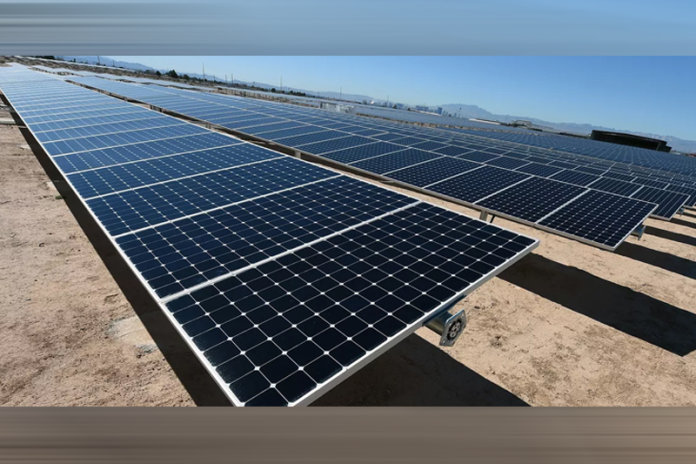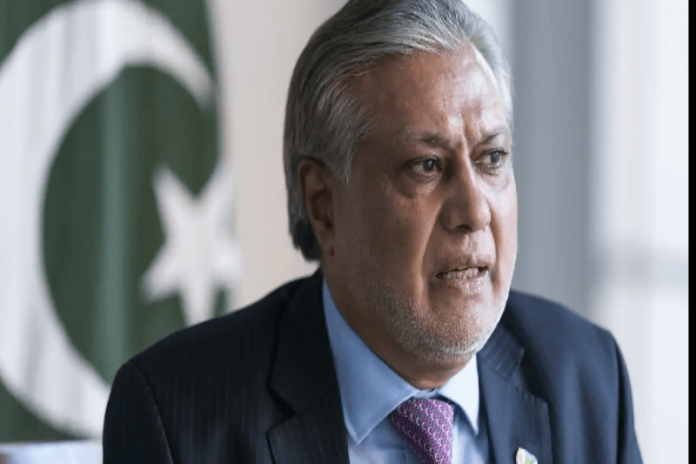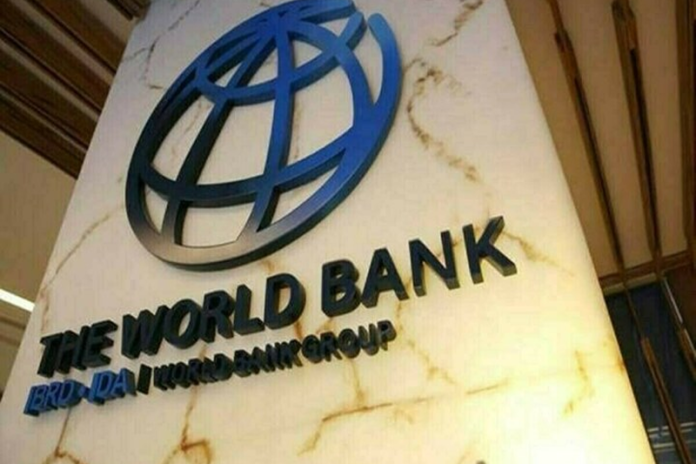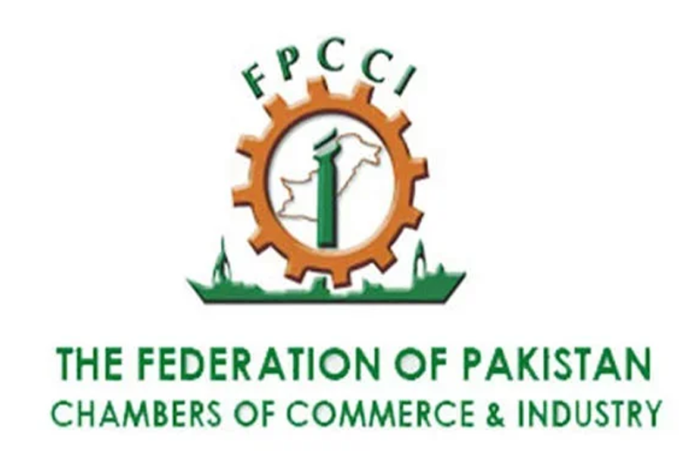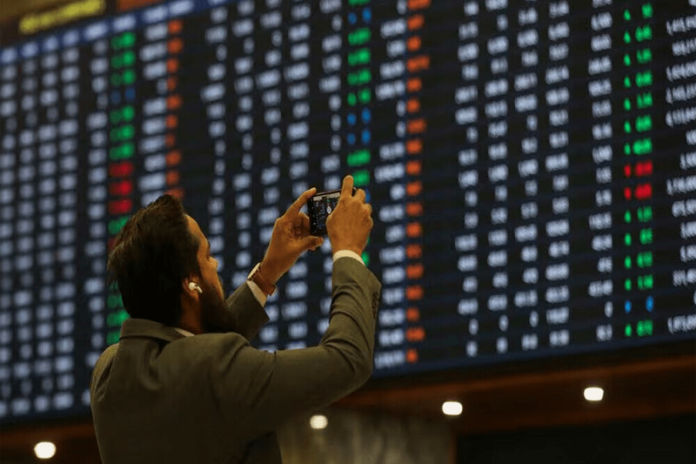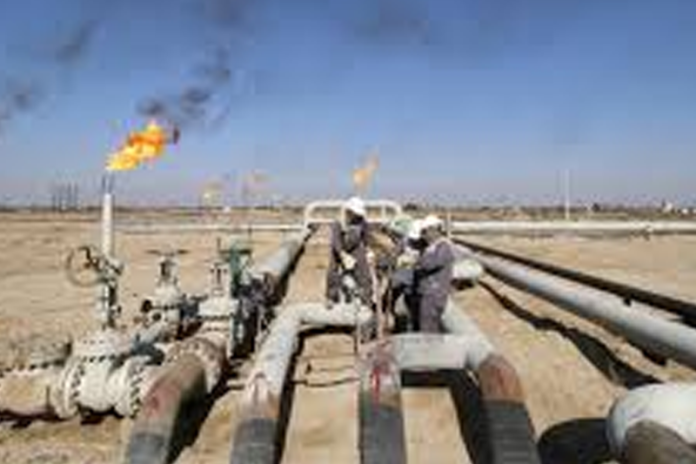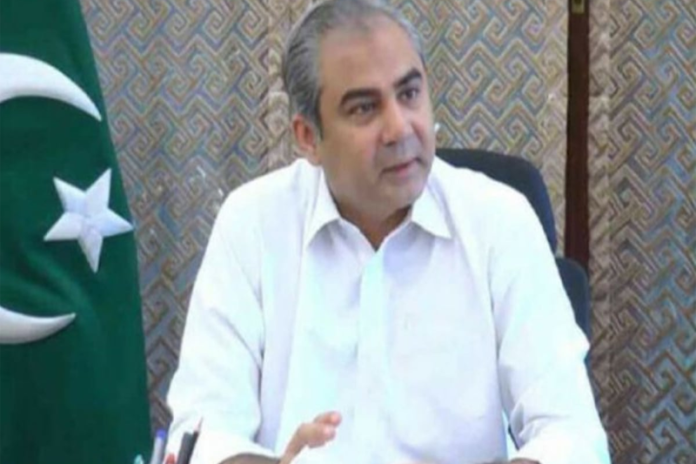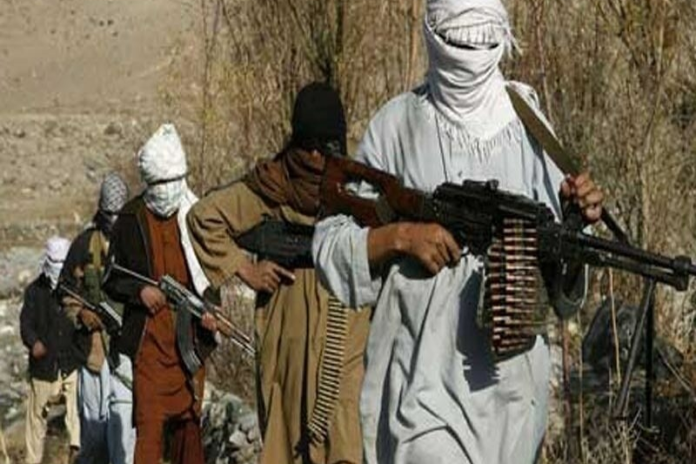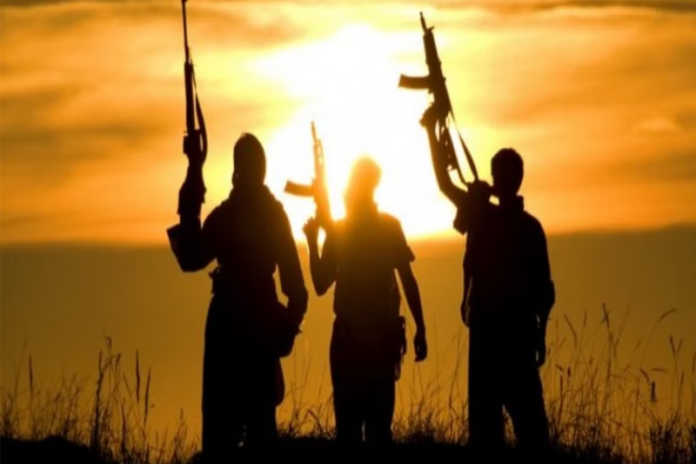Masses scared of new fiscal discipline

- 284
- 0
The masses are scared of new reports which hint at mini-budget and strict tax rules by the government.
As a matter of fact, the common man is running from pillar to post to make both ends meet. On the one hand, the unprecedented double-digit inlfation is a big issue while on the other the burden of taxes is huge. In such a situation, the talks of new mini budget and new taxes and rules is a matter of real concerns. It may be mentioned here that the Central Board of Revenue was established in 1924 in the subcontinent for government revenue. After independence, this system continued to operate. Later, reforms and changes were made in it. Among the tax payers, the salaried class was the major contributor. According to a report, during the first half of the current financial year, the salaried class paid 243% more tax than the exporters.
A report by the World Bank stated that Pakistan ranks very low in the overall tax payment ranking among Asia Pacific countries. The current tax system is based on indirect taxes at around 70% while only 30% of direct taxes are collected. People avoid paying taxes by taking advantage of complicated procedures. As a result, the country was saddled with trillions of rupees of foreign debt due to increased expenditure and low tax collection rates. To shore up the sinking economy, the military and political leadership have worked together to expand the tax net, curb corruption and tax evasion, collect tax from retailers, provide data through automated transmission systems, restructure the FBR, and has taken other revolutionary and far-reaching steps, including the mobile app, which were inevitable.
Earlier this year, the apex committee of the Special Investment Facilitation Council (SIFC) has approved to increase the tax-to-GDP ratio to 18 percent by 2029. At present this ratio is 8.5% which is the lowest in the region. FBR will also identify lakhs of new taxpayers through automated system. To be very specific, Increasing the rate of tax collection can certainly provide significant financial resources to the country's treasury, which will help in the recovery of the existing economy, the payment of debts and the implementation of development projects. As a matter of fact, the tax policy of Pakistan is contrary to the active tax policy of the world. There, people are given basic facilities including education and health by taxes, whereas in Pakistan, the burden of taxes is imposed on the common man, while the elites benefit from privileges.
According to a World Bank report, the poorest 10% of Pakistan pay more taxes than the richest 10%. Landlords are not paying tax on their income. Industrialists have hidden themselves behind favorable policies. Long story short, the country loses a third of its tax revenue every year due to this rotten tax infrastructure. This report of a research institute is also eye-catching that taxes of 9 trillion 56 billion are being evaded in the country only in the fields of real estate, tea, medicines, tires and lubricants. Due to these defects found in our tax system, international financial institutions continue to demand changes in them.
The IMF technical team visiting Pakistan is in talks with the FBR, in which it has been decided to investigate the income tax of the rich. Identity card data of industrialists, lawyers and members of powerful associations is being collected. Teams of field formations have also been deployed in the sugar industry. It is said that the real tax potential in Pakistan is up to 20 trillion rupees. To overcome the economic decline of the country, the rich class will also have to contribute. With the right strategy and commitment to reforms, Pakistan can overcome its economic challenges. As a matter of fact, in the wake of current economic, efforts are on to bring the economy back on track. That’s why each and every sector is under scrutiny. On the one hand, the focus is on increasing the tax-net while on the other investment-friendly steps are taken. Our economy has suffered the most from trade imbalances and a weak internal taxation system. The objective of real tax policy is to collect funds for the administration of the state, development projects and spending on public sector by taking resources from the private sector. In a nutshell, the need of the hour is that the tax net should be widened. But this does not mean that government should victimize the masses through imposition of unjust taxes. Meanwhile, the implementation of income tax on agricultural income and some others is still pending. The IMF has asked the provinces to amend their laws and impose an income tax of up to 45% on agricultural income. Under the constitution, the implementation of tax on agricultural income falls under the category of provincial governments.
The non-imposition of tax on agricultural income is a long-standing issue and has been raised several times in the past in preparation of the budget, industry and commerce. Many have on some occasions rejected the federal budget because it did not include the agricultural sector. The consensus between Pakistan and the IMF, that the implementation of the proposed structural benchmark by the end of October 2024. The four provinces will amend the tax laws related to agricultural income to bring it at par with the corporate tax levied at the federal level. The revised agricultural income tax will come into effect from January 1, 2025. Under the terms of the IMF, it has also been agreed that if any province imposes agricultural income tax. If it feels any challenge in collection, it can authorize FBR to collect this tax on its behalf.
The IMF plans to amend the laws to align the allied tax system of the four provinces with the personal income and corporate income systems. Despite being a 24% contributor to the economy, the agriculture sector contributes 0.1% of the total tax collection. The World Bank has estimated in a report that it can potentially collect up to 1.22 trillion rupees in tax in Pakistan, which is a percentage of the national income. In the light of the IMF conditions, it has become clear and certain that in the next 6 months, the agricultural sector will be fully included in the revenue stream. Meanwhile, experts also say that after the impositon of tax on agriculture income, the prices of grains, fruits and vegetables will further soar, to add to the woes of the common man.













